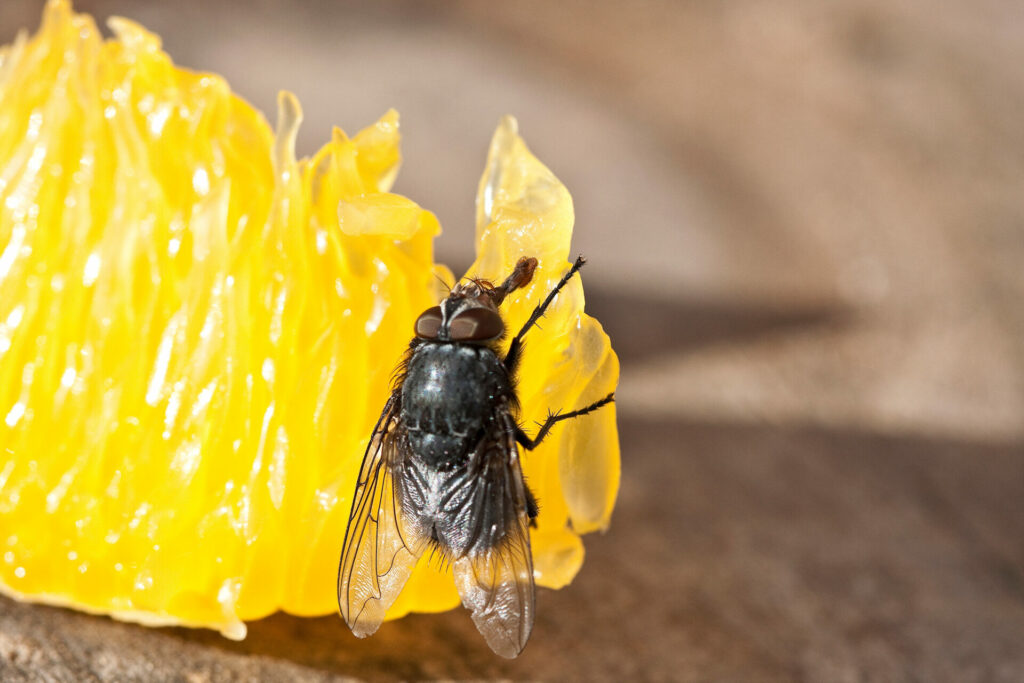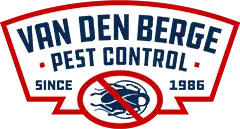
Contents
How to Control Insects in A Home or Garden
Are you tired of dealing with pesky insect pests in your home or garden? Well, you’re in luck! Van Den Berge Pest Control will explore two effective methods for controlling these bothersome critters within this article.
You’ll discover how chemical methods and biological control can help you reclaim your space from these unwanted intruders.
Plus, we’ll introduce you to integrated pest management, a holistic approach that combines the best of both worlds.
Say goodbye to those annoying pests and create a sense of belonging in your pest-free environment.
Key Takeaways
- Chemical insecticides control insect pests through sprays and baits.
- Biological control uses natural predators or parasites to manage insect populations in a sustainable and non-toxic way.
- Integrated Pest Management (IPM) is a comprehensive and sustainable approach that aims to minimize the use of chemical pesticides.
- Monitoring pest populations and behavior and evaluating control methods for effectiveness are crucial in IPM.
Chemical Methods to Control Insects
Chemical methods control insect pests. When keeping those pesky bugs at bay, chemical insecticides can be your best friend. These powerful substances target and eliminate specific pests, making your life easier and your home bug-free. With the right chemical insecticides, you can reclaim your space and feel a sense of belonging again.
One popular chemical method of pest control is the use of sprays. These handy products can be easily applied to areas where pests are commonly found, such as around windows and doors or in dark corners. The active ingredients in these sprays quickly kill the insects on contact, providing immediate relief from their annoying presence.
Another effective chemical method is the use of baits. These clever traps contain a tasty treat that pests just can’t resist. Once they bite, they unknowingly ingest the lethal chemicals within the bait, leading to their demise. As baits attract these particular insects, they are handy for targeting specific pests, such as ants or cockroaches. So, if you’re tired of sharing your home with these unwelcome guests, bait them and watch them disappear.
Chemical pest control methods provide a sense of belonging by giving you the power to reclaim your space from those annoying insects. With sprays and baits, you take control of your environment and enjoy a bug-free home. So go ahead, grab that can of spray or set out some bait, and let the chemicals do the work for you. You deserve to feel a sense of belonging in your own space, free from the intrusion of insect pests.
Biological Insect Control
Biological control utilizes natural predators or parasites to manage insect populations. It’s an effective and environmentally friendly method that can help you take control of those pesky bugs in your garden or home.
Here are three reasons why you should consider using biological control:
- It’s natural: Using biological control, you work with nature to solve your insect problem. Instead of relying on chemicals or pesticides, you’re introducing natural predators or parasites that feed on the insect pests. This method mimics the natural balance and helps maintain a healthy ecosystem.
- It’s sustainable: Unlike chemical methods, which can harm beneficial insects and disrupt the ecosystem, biological control is a sustainable solution. By promoting the growth of natural predators or parasites, you’re creating a long-term solution that can help prevent future outbreaks of insect pests.
- It’s safe: If you’re concerned about the safety of your family and pets, biological control is a great option. Since it relies on natural predators or parasites, there is no risk of harmful chemicals being sprayed around your home or garden. It’s a safe and non-toxic way to manage insect populations.
By using biological control, you’re taking action against insect pests and becoming a part of a community that values the environment and sustainable solutions. Together, we can create a world where we live harmoniously with nature without sacrificing comfort or safety.
Integrated Pest Management for Insect Control
You can take a proactive approach when managing pests by implementing integrated pest management techniques. Integrated Pest Management, or IPM, is a comprehensive and sustainable approach to pest control that aims to minimize chemical pesticides and instead focuses on prevention, monitoring, and control of pests through a combination of methods.
With IPM, you can create a less attractive environment for pests by practicing good sanitation, such as keeping your living spaces clean and free of food debris. You can prevent pests from entering your home or establishment by sealing cracks and crevices. Additionally, proper waste management and regular maintenance can help eliminate potential breeding grounds for pests.
Monitoring is an essential part of IPM. By regularly inspecting your property for signs of pests, you can detect problems early on and take appropriate action. This may involve setting traps or monitoring devices to track pest activity. By monitoring the population and behavior of pests, you can determine the best course of action for control.
Control methods in IPM focus on using the least toxic and most environmentally friendly options available. This may include using natural predators, such as beneficial insects or birds, to keep pest populations in check. Physical barriers, like nets or screens, can also prevent pests from reaching their targets. And if necessary, targeted pesticide applications can be used as a last resort, but only after careful consideration and evaluation.
Frequently Asked Questions
What Are Some Non-Chemical Methods That Can Be Used to Control Insects?
To control insect pests without chemicals, you can try two methods. First, use physical barriers like nets or screens to keep them out. Second, introduce natural predators that feed on the pests and help control their population.
What Are Some Common Challenges Faced in Implementing Integrated Pest Management Strategies?
Implementing integrated pest management strategies challenges include resistance to pesticides and finding the right balance between different control methods. You must overcome these obstacles to control insect pests effectively.
Can You Provide Examples of Successful Integrated Pest Management Programs in Different Agricultural Settings Worldwide?
In successful integrated pest management programs worldwide, two common ways insect pests are controlled include biological control, using natural enemies, and chemical control, using pesticides when necessary.
Summary
So, now you know the two main ways insect pests are often controlled.
Chemical methods involve the use of pesticides to kill or repel the pests.
On the other hand, biological control involves introducing natural predators or parasites to control the pest population.
However, the most effective approach is often integrated pest management, which combines chemical and biological methods with other techniques to minimize the use of pesticides and promote sustainable pest control.
Finding the right balance to protect our crops and the environment is important. Contact Van Den Berge Pest Control today to find the right balance for your home.
Recent Posts
5 Effective Earwig Removal Techniques for Homes
If you’ve noticed earwigs invading your home, it’s essential to act quickly. These pests can
Why Use Effective Earwig Removal Techniques at Home?
Earwigs may seem harmless, but they can wreak havoc on your garden and even invade
5 Effective Spider Control Tips for Homeowners
If you’re looking to keep these eight-legged visitors at bay, there are effective spider control
